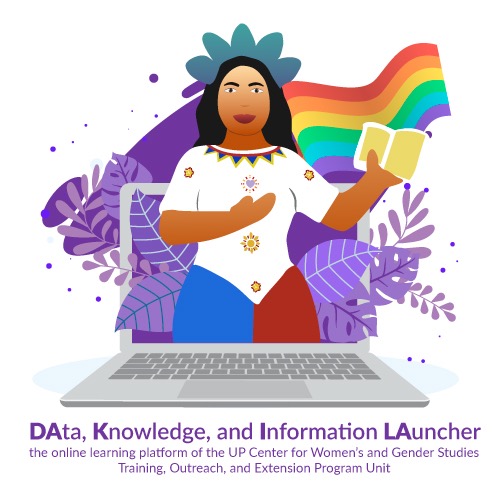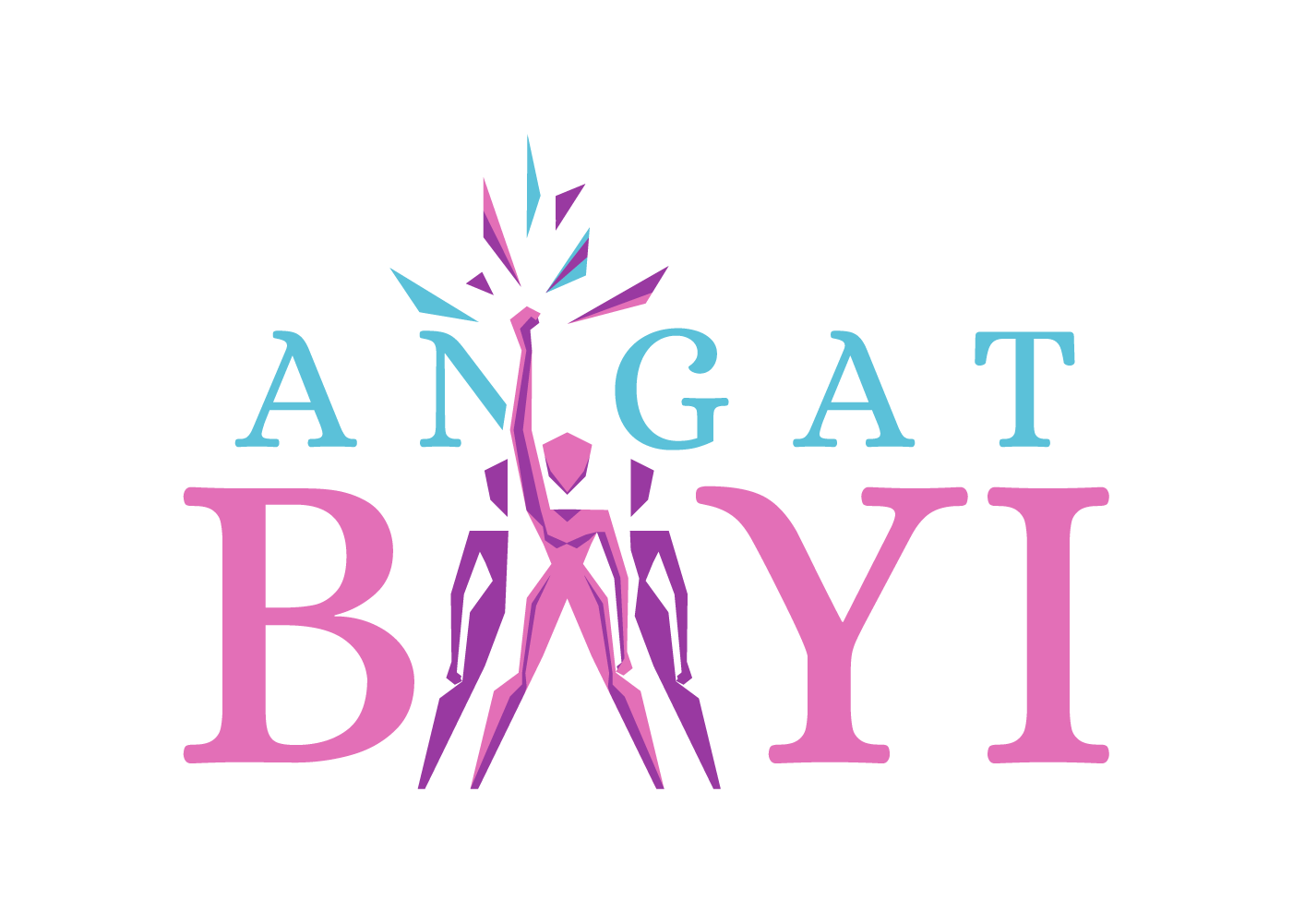Special Projects
Data, Knowledge, and Information Launcher (DaKILa)
Named after Dakila, DaKILa (Data, Knowledge, and Information Launcher) Online Learning Platform is the gender-responsive online learning platform created by the UP Center for Women’s and Gender Studies (UPCWGS) in 2020 to continuously address and sustain the gender-responsive training needs of various organizations and institutions, within and outside of UP, amid the COVID-19 pandemic.
Powered by Moodlecloud, it provides a safe, inclusive, and conducive virtual learning space for UPCWGS trainees in terms of the accomplishment of asynchronous activities in an online training setup. Unofficially, DaKILa is the first online learning platform in the country solely dedicated to the provision of gender-responsive training programs and courses.

Philippine Queer Studies Conference
The Philippine Queer Studies Conference (PQSC) is the pioneering national lesbian, gay, bisexual, transgender, queer, and intersex (LGBTQI) research conference that aims to bring together scholars, policy makers, and advocates involved in the advancement of LGBTQI rights in the Philippines.
First convened in 2020, this conference highlights exemplary work of, by, and for LGBTQI Filipinos and about LGBTQI-related concerns in the Philippines from various fields—arts, humanities, and natural and social sciences. PQSC also provides an avenue for their participants to learn from LGBTQI experts through various session offerings.
The 2nd Philippine Queer Studies Conference is presented by the UP Center for Women’s and Gender Studies, co-presented by Babaylanes Inc., and UP School of Statistics, and in partnership with UP Department of Sociology, UP Babaylan, and UP Rainbow Research Hub.
Angat Bayi

Angat Bayi started in 2018. The first Angat Bayi Women’s Political Empowerment Program was envisioned to contribute to the elimination of barriers to women’s entry into politics and to help enable the full and meaningful political participation of women politicians already elected into office. The Program strives to help realize an imagined alternative political reality: first, by developing women leaders who actively promote a holistic social development agenda, and, second, by mobilizing volunteers focused on growing an electorate around a common set of values and principles that should become the basis for future voting behavior.
[Updated: 3 May 2025]
